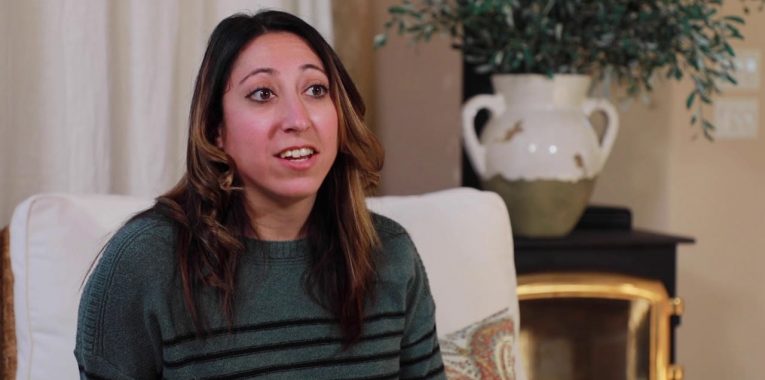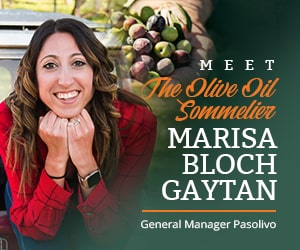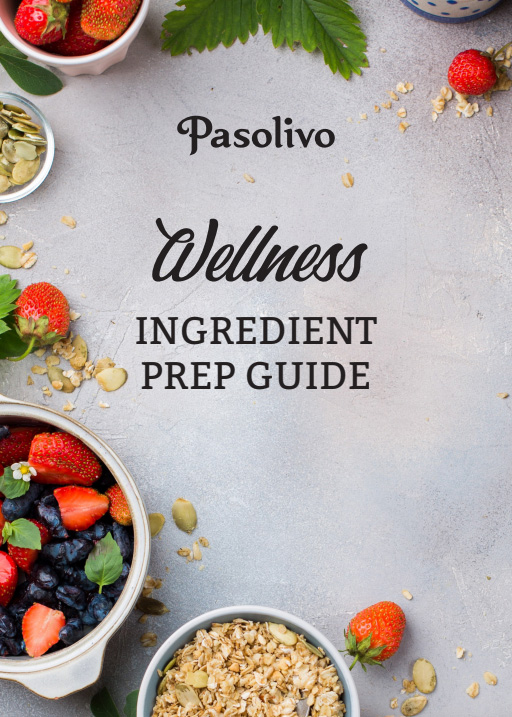As Pasolivo’s Olive Oil Sommelier, I am asked many questions when it comes to all thing’s olive oil related. I thought it would be helpful to share the top 5 questions that have been asked lately and provide my expert answers!
- How to choose real extra virgin olive oil?
With so much fraud in the olive oil industry it can be extremely difficult for consumers to decide which extra virgin olive oils are real. Many olive oils on the shelves are labeled as extra virgin but are not. The FDA unfortunately does not have heavy regulation on what is being imported and sold in the grocery stores in the United States. Some key things to look for to make sure you are getting a real high quality EVOO are:
- Is the olive oil you are purchasing certified extra virgin? Most producers who make high quality extra virgin olive oil, take the additional steps to get it certified. The California Olive Oil Council certifies most California extra virgin olive oils, but there are also the International Olive Oil Council for International oils, and a few other approved organizations for certification. Some extra virgin olive oils will have their certification on the packaging, but some producers choose not to include this because the seals design change frequently. You can usually look on the websites of the places that certify extra virgin olive oils to find whether the oil you are looking to purchase is certified.
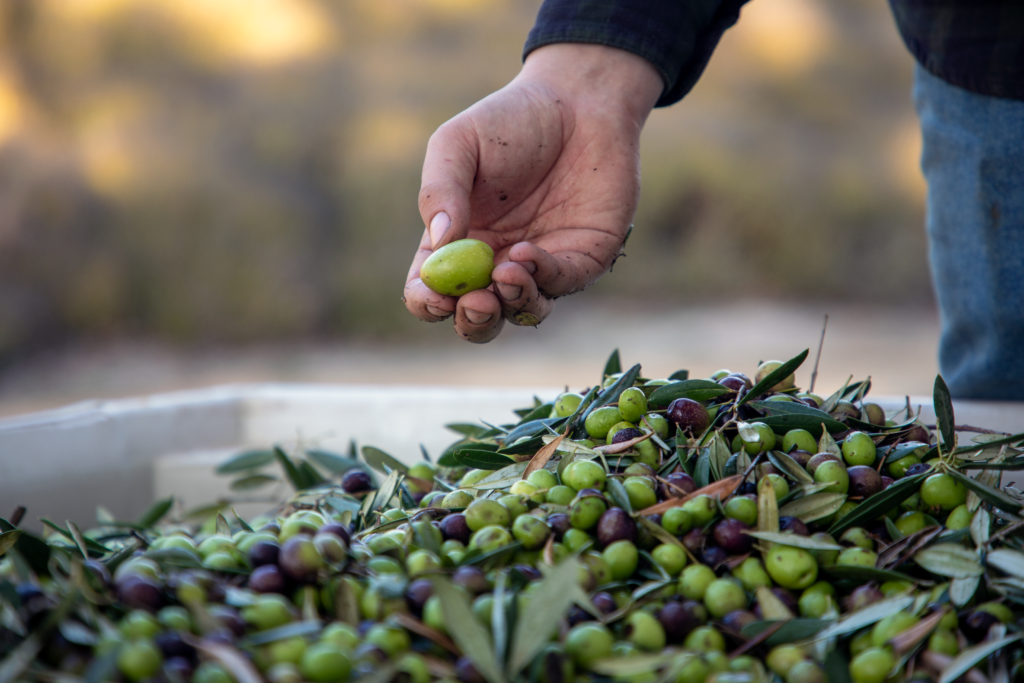
- Does the oil have a Harvest or Best by Date? Many oils will list the bottling date, but this tells the consumer nothing about when the oil was produced. You typically want to consume high quality EVOO within two years of the harvest date to ensure ultimate quality. Some award- winning extra virgin olive oils can go longer than that, but it depends on storage and quality of the oil.
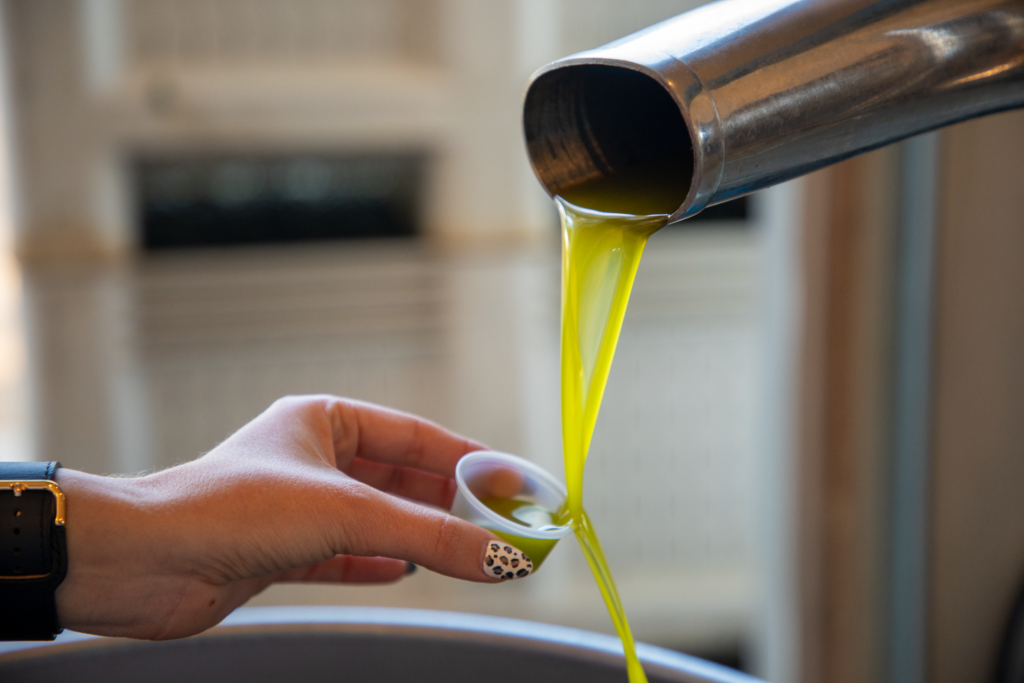
- Does the packaging say who produced the oil? Sometimes, the olive oils will say who bottled or distributes the oils, but it does not tell you who produced it. This means that the oil had to travel from the producer to the company that ultimately packaged or distributes it for sale. Also, sometimes if the producer is listed, there will be a list of multiple countries: Italy, France, Spain. While that sounds romantic, that means that the oil had to travel from all those places to eventually be bottled together. So, single source oil from a real olive oil producer you trust is always key!
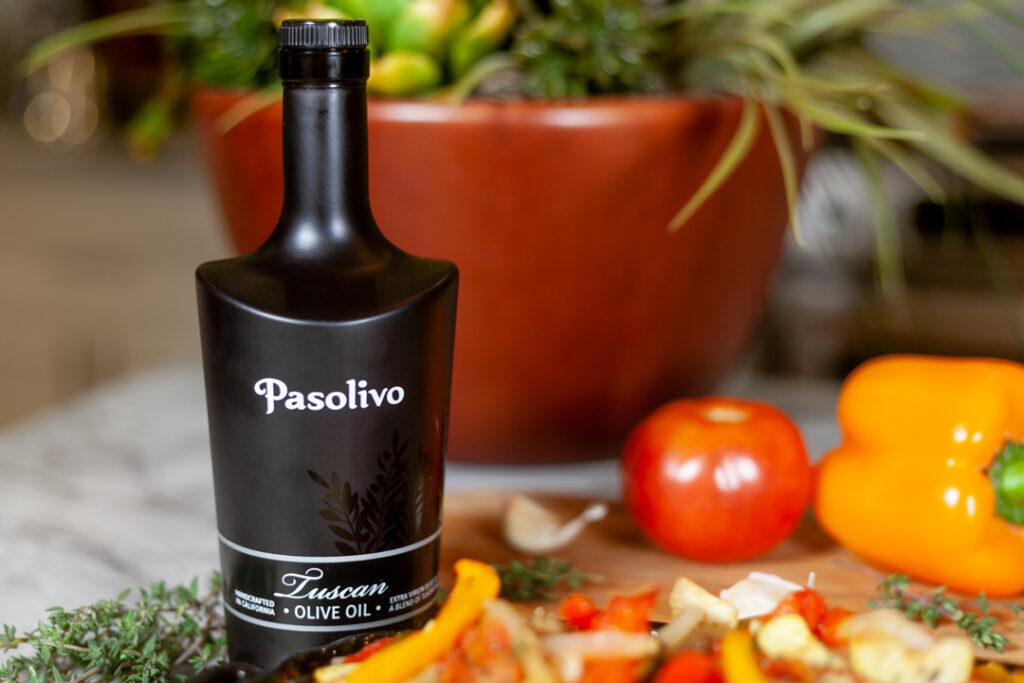
- What are the health benefits of olive oil?
High quality Extra Virgin Olive Oil has many health benefits. Some of the top benefits include:
- Heart Healthy
- Lowers Blood Pressure
- Lowers Bad Cholesterol
- Anti-inflammatory properties
- Helps Cognitive Function
Truly, the benefits go on and on for this liquid gold.
- Is cooking with olive oil toxic?
Like any oil, it is important to know what the smoke point is of the olive oil you are cooking with. High quality extra virgin olive oils, like Pasolivo, have a smoke point of up to 425 degrees. This means that you can do most of your cooking and baking with the right EVOO.
- Can I use olive oil after the best before date?
The best before date is used to notify consumers of the olive oil’s peak freshness. It is important to pay attention to the taste and smell of the olive oil if you are trying to use it past this date. Real Extra Virgin olive oil does go rancid, which is why a best before date is often provided. That doesn’t mean that the date is 100% accurate, but it is when you will want to start to pay attention to the olive oil because if it has turned, you are no longer getting the health benefits that EVOO’s provide.
- How to make flavored olive oils?
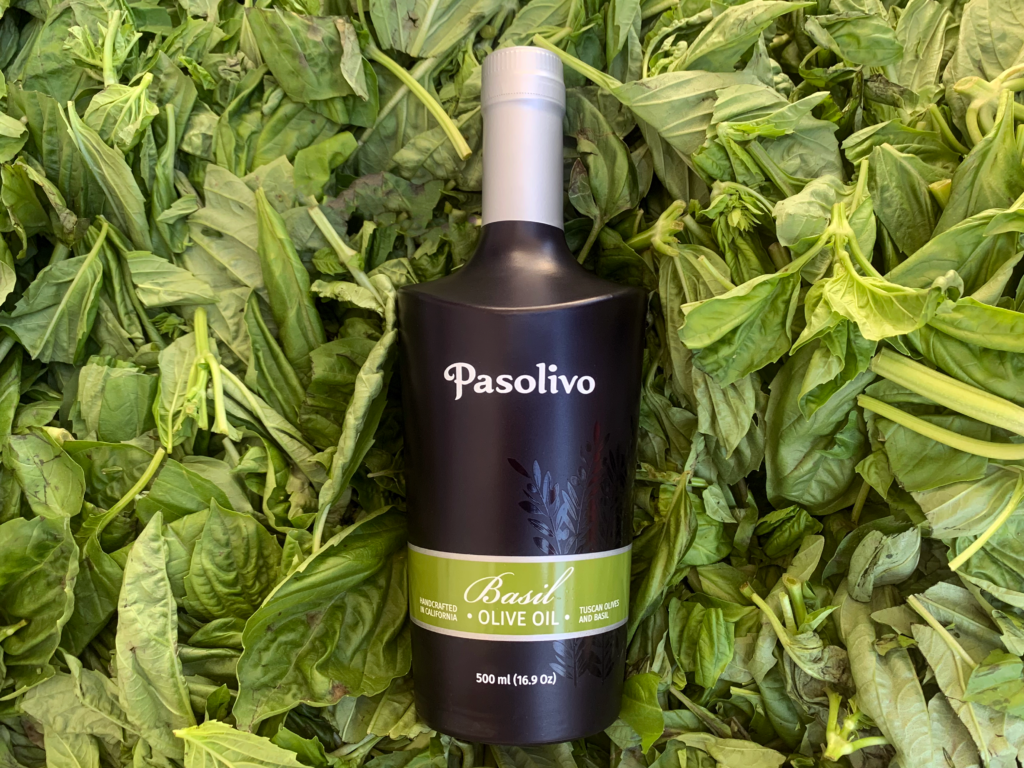
There are a few different ways of how you can make flavored olive oils. The most common ways include:
- Co- Milling: This is when you mill the fresh herbs or other flavors with the olives at the time of Harvest. Pasolivo co- mills most of their flavored oils.
- Oil to Oil Flavoring: This is where you blend the extra virgin olive oil with the oil extracted from the herb or flavor you are trying to use.
- Infusion: This is where you put the fresh herb or flavor you are trying to use into the olive oil, and you let it soak. This is fine for a home method, but when you produce oils in large quantities, you cannot do infusions this way as it can cause the risk of botulism since oils and the other products decompose at different rates.
Another thing to note about flavored olive oils is that once you add a flavor, you can no longer call it extra virgin. It does not matter if you co-mill it using the same processing techniques as your California Extra Virgin Olive Oil like Pasolivo does. This is something to be warry of because some producers who know their olive oil will not pass as extra virgin, will add a flavor to still be able to sell it. It is important to make sure that the company you purchase from, uses an extra virgin olive oil as the base, or co- mills using the same process as their EVOO’s if you are wanting all the health benefits extra virgin olive oils provide.

I hope that answering some of these questions was helpful! Please feel free to leave a comment
if you have feedback or feel free to ask any additional
questions you would like me to answer in regards to California olive oil, what makes it California extra virgin olive oil, high quality EVOO, award- winning extra
virgin olive oils, real olive oil, co- milled olive oil, or anything else. Until next time, Marisa Bloch Gaytan- Pasolivo Level 2 Olive Oil Sommelier and General Manager.

